Good Monday Morning!
2021 has arrived and I am sure that just like me, you are looking forward to making 2021 a great year. Even with all of the hard situations we are dealing with as a nation, there are many things to be thankful for. It is up to each and every one of us to take what we had in 2020 and improve on 2021. For many people, planning for retirement is at the top of that list. The following article will give you some ideas for how to maximize on your retirement needs by using laws in place at this time. I hope that this article helps many of you out!
The benefits of incorporating a Roth IRA into your retirement strategy are often praised by financial advisers, citing the ability for money to grow tax-free for decades and provide tax-free income in retirement. While a Roth IRA conversion is one way to take advantage of this savings tool, the tax implications of converting investments from a traditional retirement account to a Roth IRA typically deter most people. Yet the effects of new legislation and persistent market volatility make a Roth IRA conversion worth considering, and paying for it doesn’t have to break the bank.
A Roth IRA conversion uses assets from a traditional or rollover IRA, 401(k), SEP or Simple IRA to fund a Roth IRA. Unlike regular contributions to a Roth IRA, which are constrained by income limitations and annual contribution caps, there are no restrictions when converting retirement assets to a Roth IRA. Any amount can be converted regardless of your age, income, or employment status. But the Roth IRA conversion doesn’t come without a cost.
When you convert pre-tax assets in a traditional retirement account to your Roth IRA, the conversion is treated as income and you must pay taxes on the assets converted. The amount you pay in taxes depends on your income tax bracket for the year. In some cases, a substantial conversion in one year could boost taxable income by multiple brackets. To help manage that liability, a series of partial conversions over several years could be planned to keep the distributions within a targeted tax bracket.
For many retirees, income from a traditional IRA or 401(k) can create a tax headache, especially when required minimum distributions (RMDs) raise their tax bracket. That’s where a Roth IRA comes in.
A Roth IRA provides the flexibility to take tax-free withdrawals in retirement when you want and in whatever amount you want. This is unlike other retirement accounts that have RMDs beginning at age 72. The RMDs are taxable income, which means that in addition to your tax bracket they can also impact your Medicare premium bracket and the taxation of your Social Security benefit, whereas distributions from the Roth IRA will not.
This year the CARES Act temporarily pauses RMDs from traditional retirement accounts. So, if you are 72 or older and you don’t take your RMD then your income will be lower. This provides a potential opportunity to make a larger conversion while maintaining the same income tax rate.
Additionally, since the Secure Act of 2020 eliminated the stretch provisions for inherited retirement plans, the Roth IRA is also a great estate planning tool. Non-spousal heirs can no longer take distributions over their life expectancy, but rather all distributions must be taken within 10 years. While this is true as well for an inherited Roth IRA, the distribution would not be a taxable event.
The cost of an IRA conversion can be daunting, but it doesn’t have to be. Conventional wisdom is to pay the resulting tax bill with non-taxable assets from outside the retirement plan. Using plan assets would defeat the purpose of the conversion as you will permanently give up a portion of the capital that is accumulating on a tax-free basis. In addition, if you’re under age 59 ½, the portion of plan assets used to pay for the conversion could also be subject to a 10% tax penalty.
If you have the cash on hand, that’s likely the best way to cover the tax implications. But depending on the size of the conversion and your tax bracket, the up-front costs could be significant. Another option is to take out a loan against your life insurance policy. While this permanently reduces the policy value if not repaid, the loan doesn’t count as taxable income so long as the policy isn’t surrendered, doesn’t lapse, and the amount owed doesn’t exceed the premiums paid. If any of these do occur then the tax implications will likely be even larger than the taxes paid on the Roth IRA conversion.
Considering a reverse mortgage
Alternatively, tapping into your home equity can provide the means to pay the taxes. You could leverage current low interest rates and get a home equity line of credit (HELOC), though many banks have stopped accepting applications for HELOCs in recent months. Additionally, a HELOC will require a monthly mortgage payment, decreasing your cash flow.
For homeowners age 62 or older, a reverse mortgage could pay the tax liabilities from the Roth IRA conversion, creating tax and cash-flow flexibility and potentially a higher net worth.
With a reverse mortgage, the available line of credit grows and compounds at a value that is tied to current interest rates. This can be particularly beneficial with a series of partial Roth IRA conversions as it provides a growing resource to pay future tax bills. The line of credit also provides flexibility to convert a greater portion of your retirement assets during market plunges, so you only pay taxes on the lower value at the time of the conversion and not on any gains in the Roth IRA when the markets recover.
Since there are no principal or interest payments required for as long as you live in your home, the line of credit from a reverse mortgage provides the liquidity to pay for the Roth IRA conversion with no impact on household cash flow or the need to sell other invested assets.
A good rule of thumb is to use a reverse mortgage if your home equity is less than or equal to the value of the retirement assets you plan to convert. If the home represents a major portion of your net worth, a reverse mortgage may not be the best option to cover the tax bill. In this case, the reverse could better serve as a tax-free source of supplemental income, or to pay for in-home care, or other retirement expenses that distributions from the smaller invested assets may not be able to cover.
Evaluating the use of a reverse mortgage also depends on the projected costs in comparison with the projected returns. For example, if interest rates on a reverse line of credit are at 3%, and your home appreciates at a 3% rate, you could borrow 50% of your home equity and still maintain a 50% retained equity position throughout the duration of the loan. Even if the home only appreciated at a 1% rate, you would still have a retained equity position.
Projected returns on the Roth IRA conversion would also need to be evaluated. For simplicity’s sake, let us assume you borrow a total of $250,000 from your reverse line of credit to pay the tax bills on $1 million conversion. If you accrue interest on the line of credit balance at a 3% rate and the Roth IRA grows at a 6% tax-free rate, the return could be quite compelling over time.
Of course, there are no guarantees on any projections, which is why you should consult a financial professional and evaluate your specific situation. A number of “what if” scenarios should be considered including changes in interest and tax rates, home and investment growth rates, and legacy desires. These considerations will help determine if using a reverse mortgage to take advantage of the benefits of a Roth IRA conversion could be a retirement strategy that makes sense for you.
Happy New Year!
Stay Safe, Stay Healthy!!
AND HERE'S YOUR MONDAY MORNING COFFEE!!
v
 77442 Yearous Rd, Cottage Grove, OR
77442 Yearous Rd, Cottage Grove, OR 

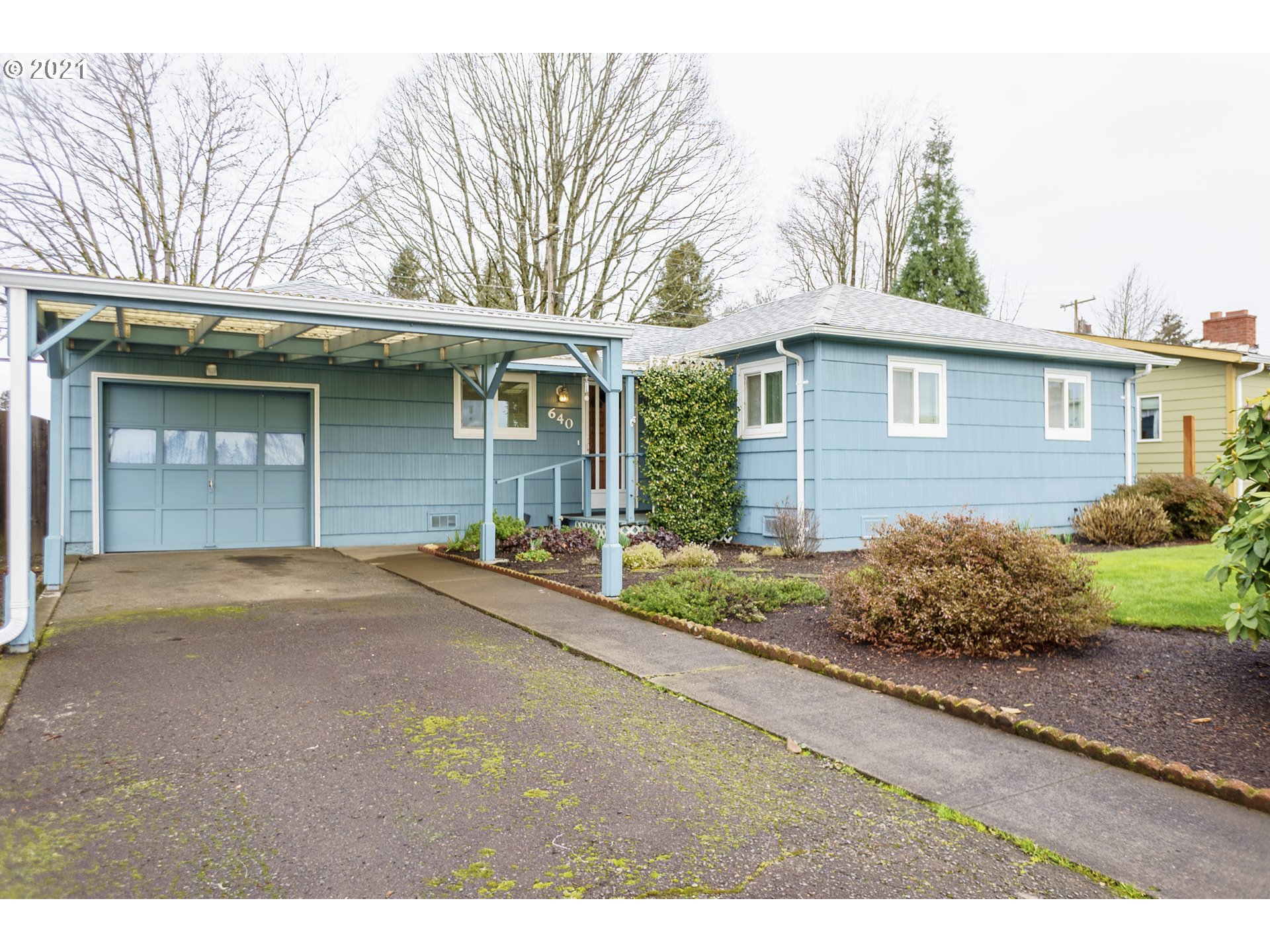 640 Flamingo Ave, Springfield
640 Flamingo Ave, Springfield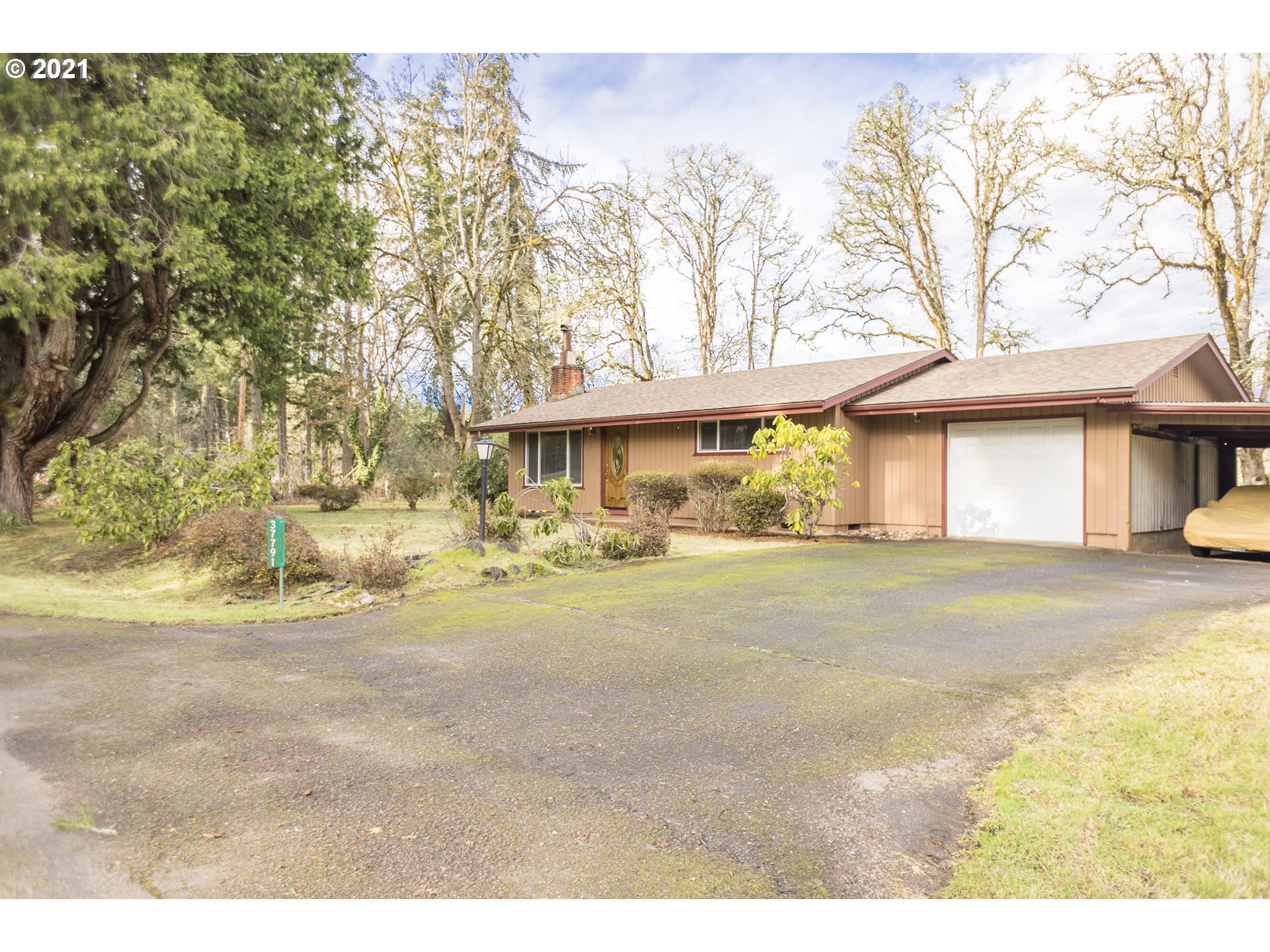 37791 Wheeler Rd, Dexter
37791 Wheeler Rd, Dexter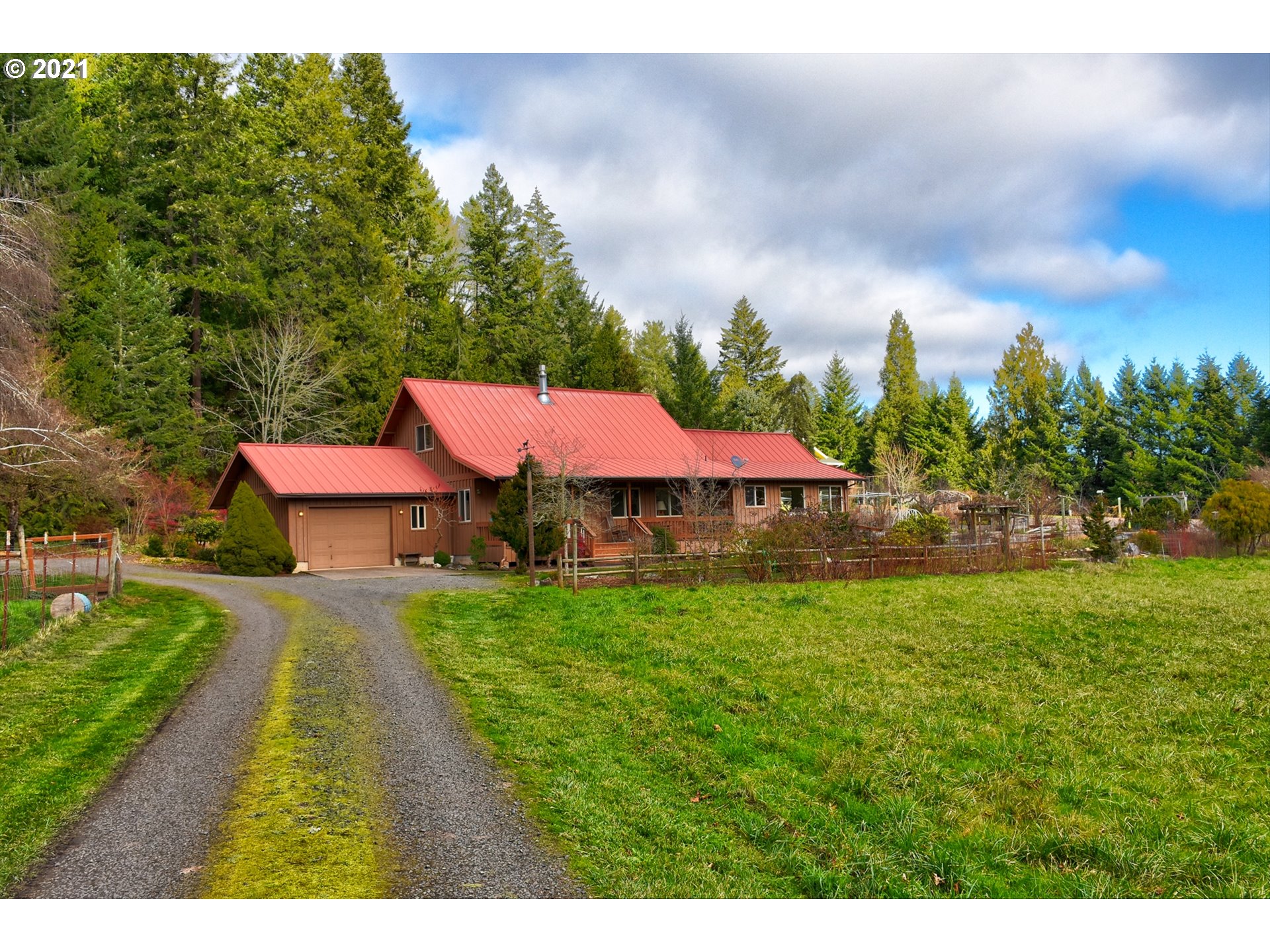 88770 Heritage Ln, Springfield
88770 Heritage Ln, Springfield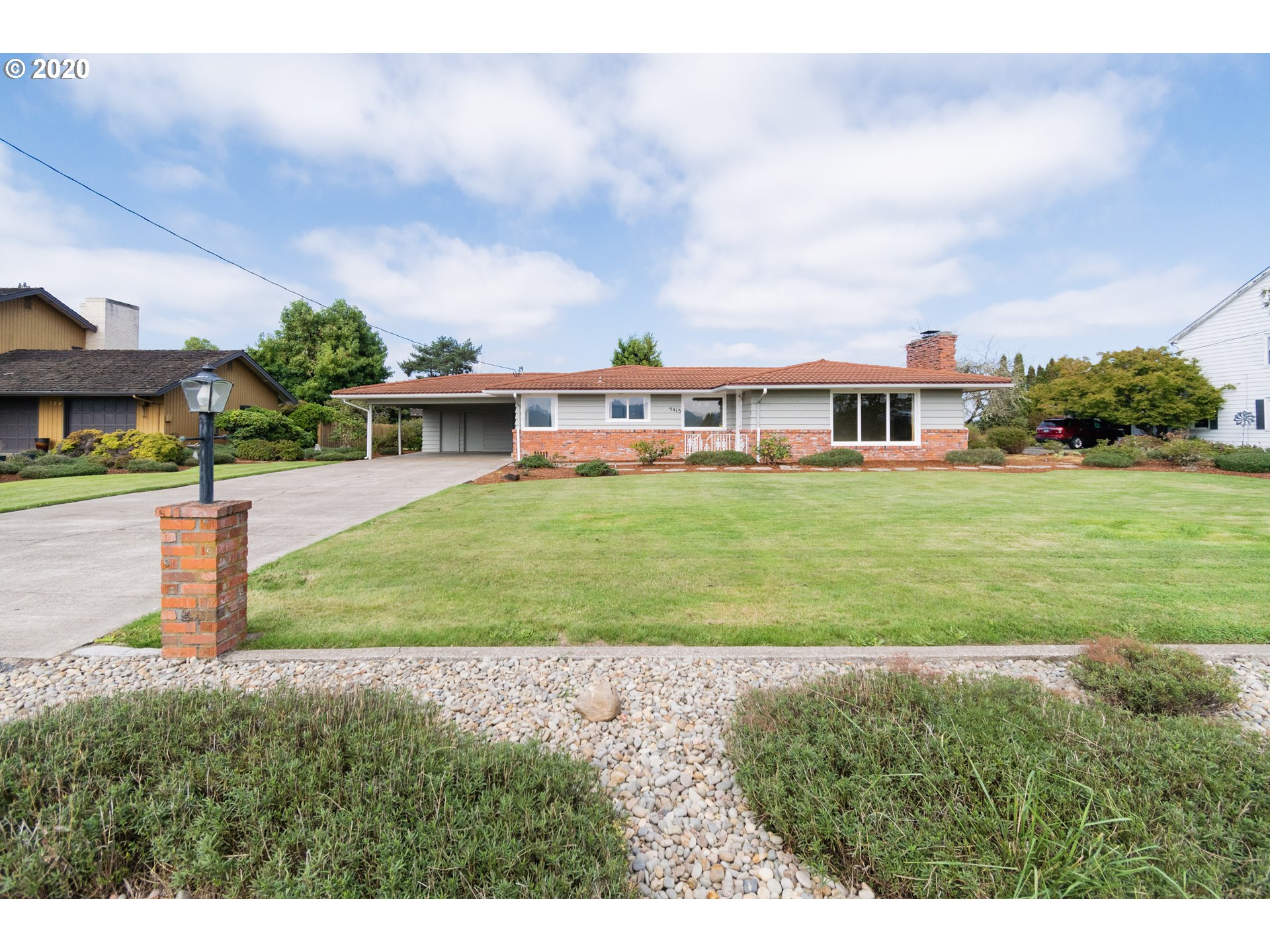 5415 Royal Ave, Eugene
5415 Royal Ave, Eugene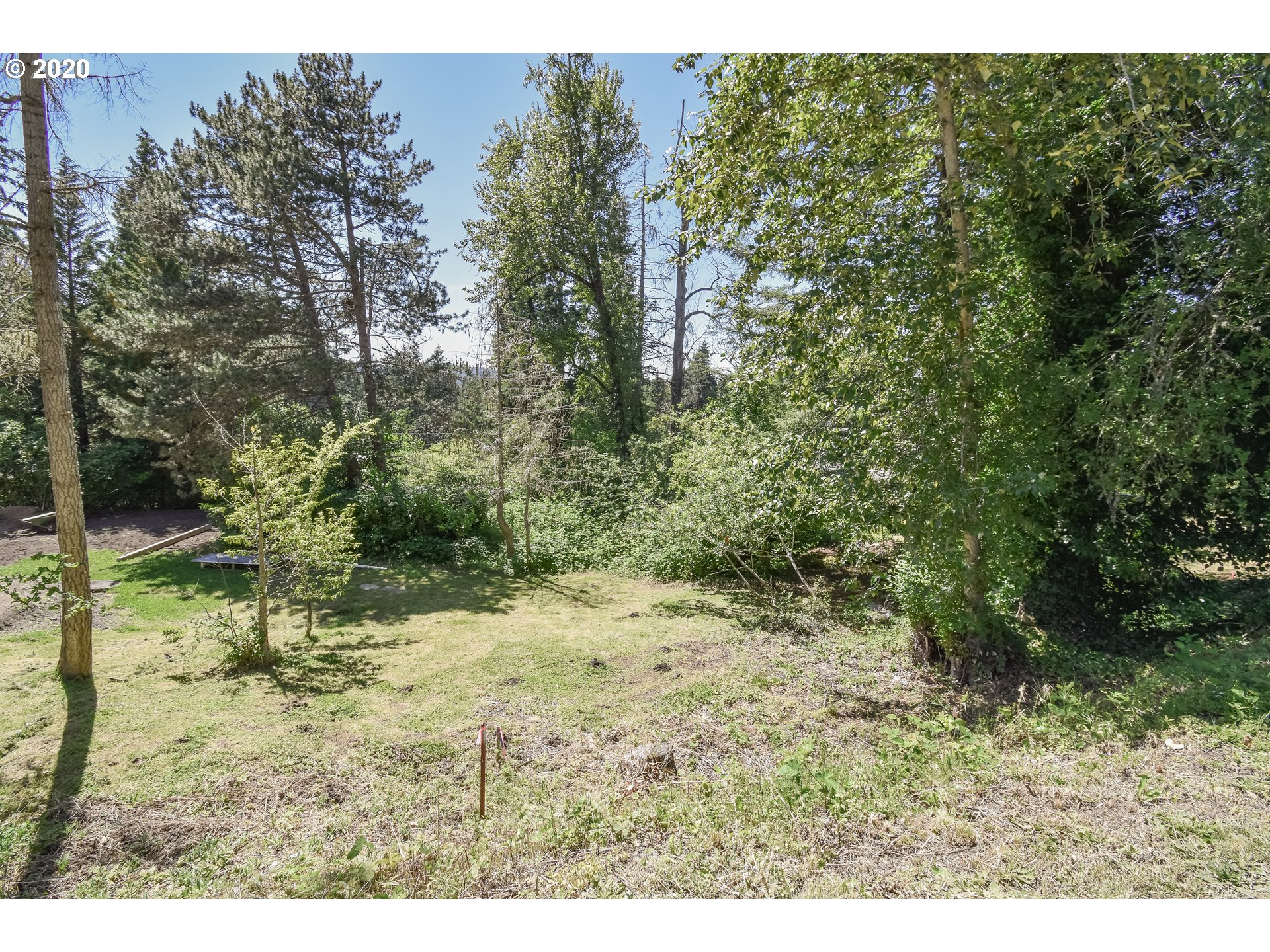 Lot 2 Laurelwood Ln, Eugene
Lot 2 Laurelwood Ln, Eugene



